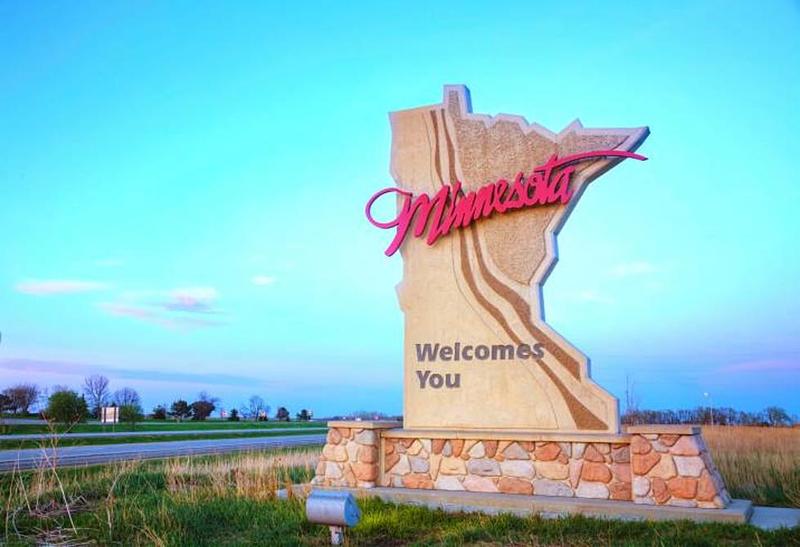Minnesota Celebrates Birthday By Constitutionally Protecting Travelers and Campers

After today, Minnesota's law enforcement agents are going to be required to prove that they have a valid need to search hotel guest registries. Generalized suspicion that "something here just isn't right" is not enough of a reason for law enforcement to pull this list.
You may not even be aware of the fact that hotels, campgrounds, and the like are required by Minnesota law to keep this kind of guest registry. Moreover, the same statutes make these registries available to law enforcement upon demand!
However, a constitutional right will always trump a regulation like this law, and that's exactly what the Supreme Court decided. Even though the law makes this registry available for law enforcement, the Court concluded that the right to privacy under the Minnesota Constitution means that law enforcement need a good reason before they can exercise the right to pull this type of registry.
This decision is interesting for a couple of reasons. First . . . well, you know how you when you see other news stories from other states, and you see those other people in their cars at a DWI checkpoint? Here in Minnesota, that's unconstitutional -- not under the federal constitution, but under the more-protective Minnesota Constitution. This situation is similar; suspicionless searching of hotel guest registries may be constitutional under the federal constitution, but the Minnesota Constitution provides more protection for individuals after today's decision.
Our Supreme Court is flexing it's ability to protect Minnesota citizens with Minnesota laws in this decision, and said as much when pointing out that "We have repeatedly said that we have a responsibility to 'safeguard for the people of Minnesota the protections embodied in our constitution'" In fact, this whole decision is a sort of "legal love letter" to the concept of protecting highly sensitive location information, and our right to privacy, by relying on Minnesota's constitution. By ruling this way, the Minnesota Supreme Court upheld the strength of our state's founding document . . . and, coincidentally, made sure the United States Supreme Court cannot try to reach in and undo the decision.
It's a good decision, and a good example of a powerful exercise of "state's rights." The fact that this decision came the same week as Minnesota's birthday (happy 162 years, Minnesota!) is probably just a coincidence.
Probably.

